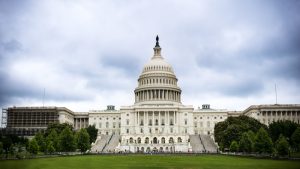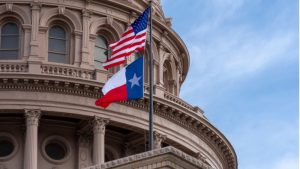While the COVID-19 pandemic has changed nearly all aspects of life, it has had a radical impact on the way students are learning.
The Austin Independent School District (AISD) announced that it is rolling out a new personalized learning platform to its approximately 70,000 students at 83 elementary schools and 17 high schools. The platform that will be deployed at the school district engages in both in-person, hybrid, and distance learning amid the COVID-19 pandemic.
Whether they are meeting in-person or virtually, the COVID-19 pandemic has radically changed the way schools operate. For North DeSoto Lower Elementary School in Stonewall, La., the pandemic forced them to change the way they do school pickup.
As technology plays an increasing role in student education – both inside and outside of the classroom – teachers are turning to AI assistants to help meet students’ needs. But, for the technology to be worthwhile, it needs to be effective.
In a move to level the playing field between urban, suburban, and rural students, Michigan’s public television stations are partnering with educators and community leaders to create the Michigan Learning Channel.
The San Antonio Independent School District (SAISD) is celebrating an election night win this week. Voters approved two bond measures worth nearly $1.3 billion for education funding.
A group of Democratic House members led by Rep. Ro Khanna, D-Calif., this week introduced the 21st Century Jobs Act which would give the Federal government a major role in research and development support for a host of emerging technologies.
The State of Texas announced a new digital alliance with Microsoft to address the need for digital and technical skills in the workforce. In an Oct. 22 press release, Texas and Microsoft said the alliance is “intended to create new economic opportunity, close equity, and digital skills gaps, and prepare a workforce for the 21st century.”
In support of the Department of Defense’s broader mission, the Department of Defense Education Activity (DoDEA) is tasked with providing PK-12 instruction to roughly 68,500 dependents of military and civilian employees.
Beaufort County Community College (BCCC) in North Carolina will use $329,983 in funding to develop more options for distance learning. The grants, which came from the United States Department of Agriculture (USDA) Rural Development Office, will allow BCCC to expand distance learning in a myriad of ways, including retrofitting additional classrooms with broadcast equipment and working with high schools in rural areas to develop ways to increase college transfer and dual-enrollment options to high school students.














